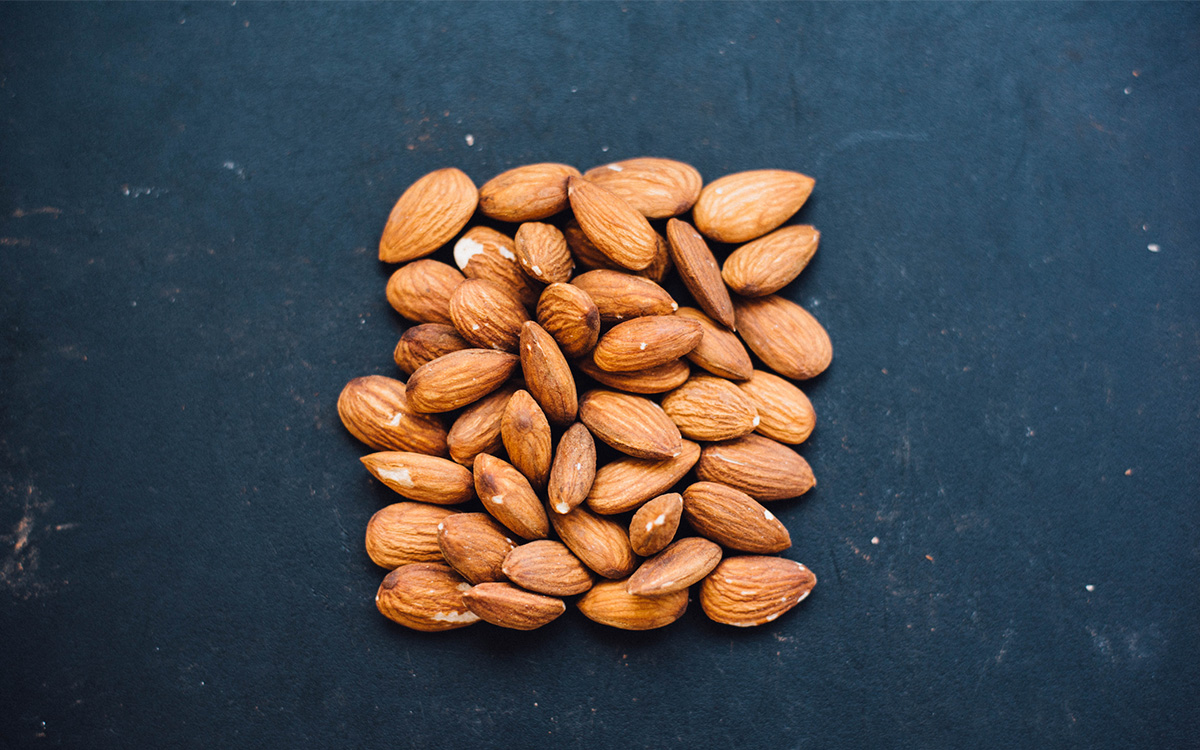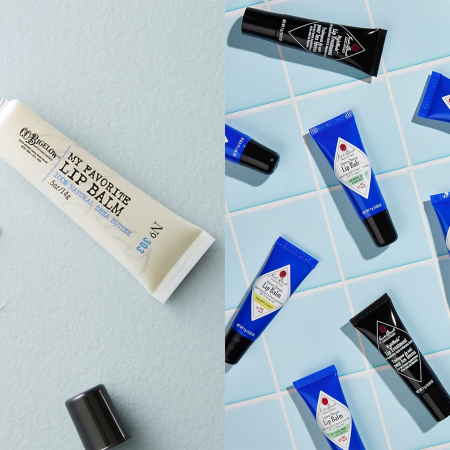The other night, while talking snacks over a dram of Scotch, our Creative Director blurted out: “If one more lifestyle site tells me to ‘just have a handful of raw almonds’ while at my desk …”
I laughed along with the rest of the room. Then tugged nervously at my collar. After all, I write for a lifestyle site. And I tell people to eat almonds literally all the time. I wouldn’t be surprised if Blue Diamond sends me a company holiday card this year. Every morning, I pour about 75 almonds into a bowl and slowly eat my way to the bottom. It takes an entire swig of my water bottle to finish, but it’s a quick 20 grams of protein, 75 percent of my daily fiber, and loaded with good, honest fats that should help lower my risk of heart disease a few decades from now.
The more important takeaway from my beleaguered colleague’s complaint, though, was his use of the word “raw.” It occurred to me that for all my almond knowledge, I didn’t know the difference between a raw almond and a roasted one, or how that relationship applied to any of the popular tree nuts. What is a roasted nut, anyway? Is it less healthy than eating one raw? The eye test would suggest yes. If you head over to Blue Diamond Almonds, their offerings are basically broken down into “Whole Natural Raw Almonds” … and everything else, which includes a whole lot of flavor. Options like “Wasabi and Soy Sauce Almonds,” “Honey Roasted Almonds,” and “Smokehouse Almonds” are all roasted, and dusted with a ton of salt and sugar.
Dust aside, though, there isn’t a notable Nutritional Facts label difference between raw and roasted nuts. When nuts are roasted — either dry, or in oil, usually on a frying pan or a baking sheet in an oven — it’s done to give them a bit of character. Added crunch, added taste, etc. But roasting them will only incrementally increase their calorie and fat counts; as moisture leaves the nut, the density of fat content increases ever so slightly. The protein, though, which is probably the main reason you’re eating them anyway, stays the same. The more important things to consider are changes at the chemical level.
You might be familiar with heterocyclic amines. They’re chemicals that form when meats like beef or poultry are grilled at high temperatures. Their carcinogenic properties have given people cause from eating charred meats at BBQs. The roasted nuts situation is somewhat similar. Cooking nuts at high temperatures adversely affects the nut’s role as an antioxidant agent; studies have shown that seven almonds a day can help mitigate “harmful free radicals in the body” — those charged particles that form in the body from contact with big bads like cigarette smoke and pollution. But when nuts are blasted in a frying pan, they can literally turn into harmful free radicals themselves. The polyunsaturated fax becomes oxidized, and the walnut does a total 180.
That oxidation also occurs when roasted almonds are stored for a long time (so you shouldn’t fetch them from the back of your pantry after two months of forgetting about them). Meanwhile, “the Maillard reaction,” the name for the chemical happenings that darken a roasted nut, can facilitate the formation of acrylamide, a chemical that may increase cancer risk. And roasting also reduces the level of crucial vitamins, in certain types of nuts. For example, vitamin E, magnesium and phosphorus are all lowered in almonds and walnuts, when blasted at high enough temperatures. That’s not great news; those nutrients are packed with magical properties that regulate blood sugar levels, encourage healthier hair, and filter out waste from your kidneys, among dozens of other positives.
Which is to say … if you have access to raw nuts, you should be eating them. Roasted almonds are okay in batches, and you can trust that Big Almond knows enough about the roasting process to keep the cancer risk near-negligible. We understand the appeal of flavorful almonds (it’s better than eating the potato chips version), and sort of like getting kids to read Captain Underpants, it’s a step in the right direction. But if you’re going to sit down and eat almonds, eat the kind that packs the full potency of nutrition and nutrients, undamaged by unpredictable, oxidizing properties. There’s an increased chance of bacteria in raw nuts, but thankfully the media has a field day anytime a plant-based product is mixed up with Salmonella or something similar, so you’ll never be in the dark. Remember Romaine-ageddon? Keep an ear to the ground, and buy from reliable brands. You’ll never regret having a handful at your desk.
The Charge will help you move better, think clearer and stay in the game longer. Subscribe to our wellness newsletter today.



















